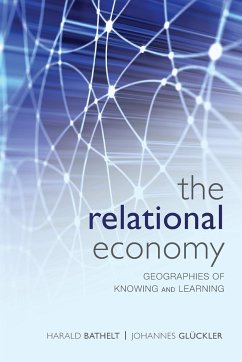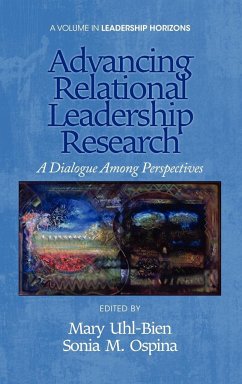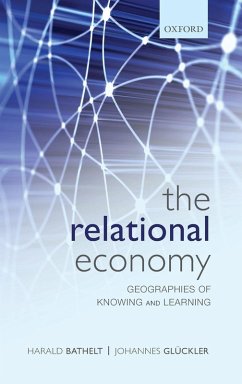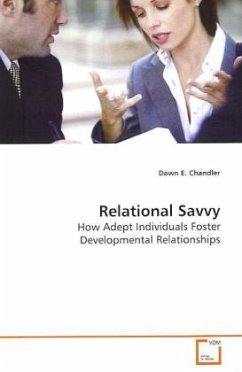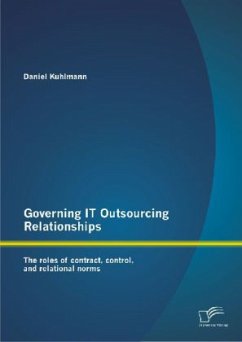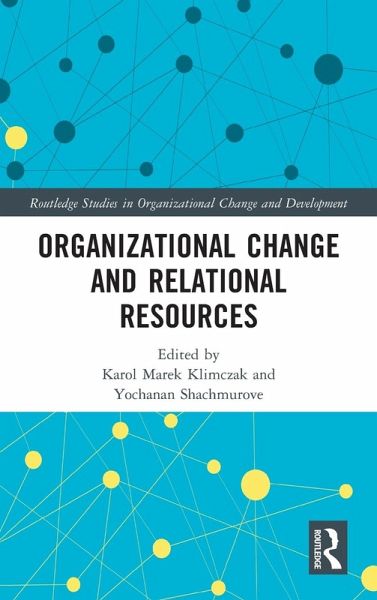
Organizational Change and Relational Resources
Versandkostenfrei!
Versandfertig in 1-2 Wochen
167,99 €
inkl. MwSt.
Weitere Ausgaben:

PAYBACK Punkte
84 °P sammeln!
Transitioning organizations to the new normal following environmental shocks, economic upheavals, and technological innovations is a challenge to classic organizational management. The main reason: because no single organization knows precisely what the target of change is. Resources created and operated in relationships can support the organization in overcoming its constraints, changing faster, and adapting better. This book takes a relational perspective on how organizations adjust and adapt to their turbulent environment. Drawing from a broad literature and empirical studies, this book off...
Transitioning organizations to the new normal following environmental shocks, economic upheavals, and technological innovations is a challenge to classic organizational management. The main reason: because no single organization knows precisely what the target of change is. Resources created and operated in relationships can support the organization in overcoming its constraints, changing faster, and adapting better. This book takes a relational perspective on how organizations adjust and adapt to their turbulent environment. Drawing from a broad literature and empirical studies, this book offers novel insights into how businesses create, grow, and manage relationships with partners to support strategic change. It discusses the benefits of cooperating with partners and relying on shared resources, while controlling relational risks. It presents key relational processes including organizational intelligence, open culture, knowledge sharing routines, motivation, co-creation, and communication. It discusses focus areas: longevity of family firms, improving health and safety in medical services, crisis management, public administration reforms, and relational risk management. This book is a valuable resource for researchers and students in the fields of organizational studies, organizational change, technology, and innovation management. Managers and entrepreneurs can find inspiration, motivation, and strategies for implementing and managing relationships along the value chain.








